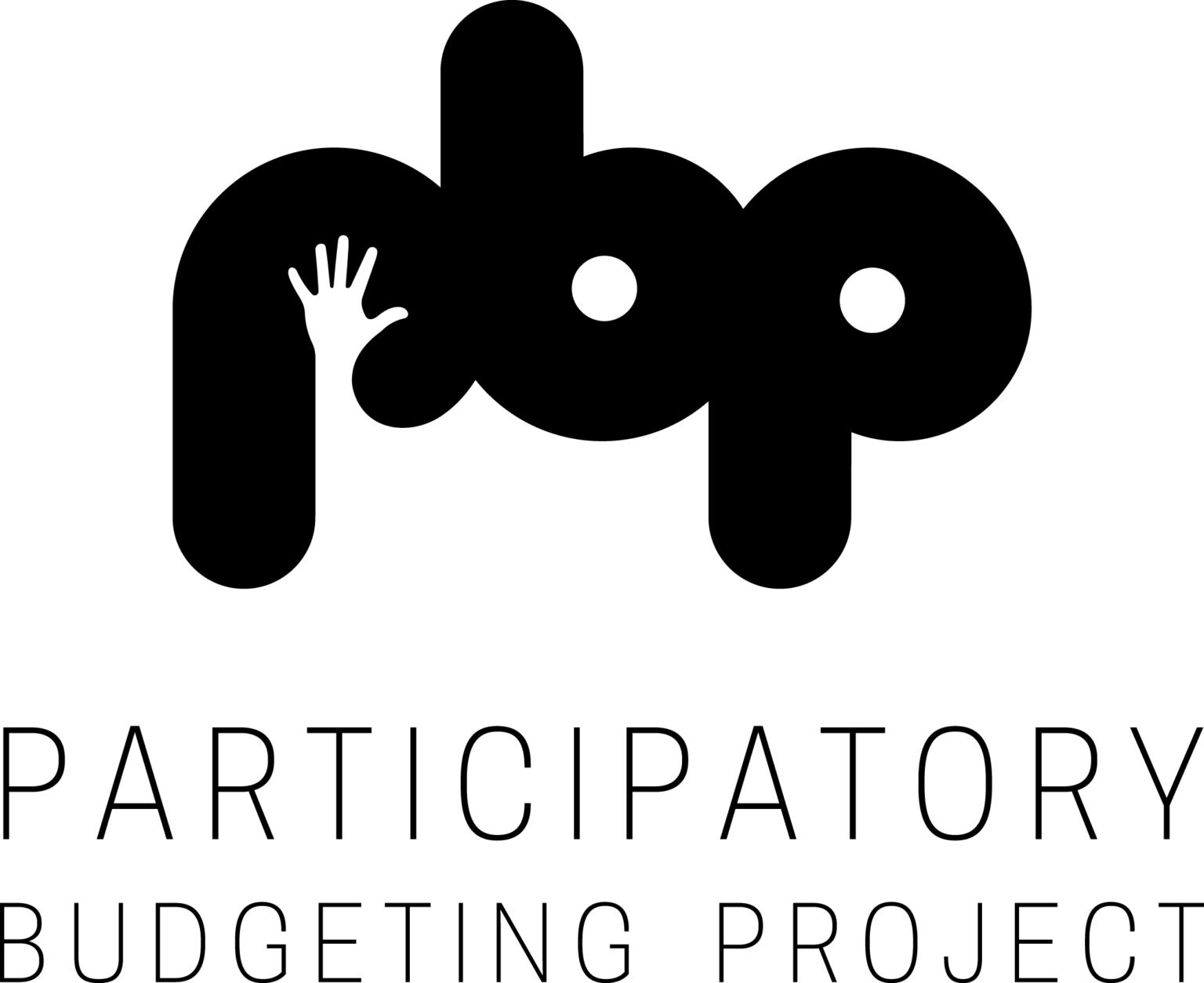In response to the COVID-19 pandemic, Congress passed the American Rescue Plan (ARPA), a historic opportunity to build back our communities and economy, with the potential to address the deeply embedded inequities in access and voice in our democracy.
Over the last several months, the Democracy Beyond Elections coalition has provided funding and programmatic support to 11 organizations using participatory democracy practices, like participatory budgeting, to distribute ARPA funds in their community. Participatory budgeting (PB) can help ensure that community members most impacted by COVID-19, especially youth, have a direct say in where their resources go.
With millions, and in some cases billions, of dollars flowing into local government budgeting processes, the American Rescue Plan Act is an unprecedented opportunity for communities to hold real decision-making power in how budget decisions are made. Youth-led PB in schools or in the community gives students – and sometimes even other stakeholders like parents, teachers, and staff – the opportunity to meaningfully participate in budgetary decisions that directly impact student learning and the broader school community.
On Wednesday, April 27th, the Democracy Beyond Elections coalition partnered with Center for the Future of Arizona and Voces con Poder to convene youth leaders, elected officials and school administrators working to bring community-led decision-making into budget decisions that impact young people. We were joined by partners from Tucson, Arizona, Portland, Oregon, and Central Falls Rhode Island.
During our 4/27 webinar, student leaders shared inspiring presentations on their local participatory budgeting processes. This included grounding in how PB works in their local context, as well as personal reflections on how PB impacted their leadership. “It was intimidating at first when I joined as a freshman,” recalled student leader Anissa from Sunnyside’s Desert View High School. “As a sophomore a year later, [PB] really helped me follow what I want to do and put my own self out there.”
Then, we moved into a panel discussion, where our webinar audience got to ask their questions about youth-led participatory budgeting. When asked about outreach and bringing more voices into the PB process, Karen, a youth leader for her school’s PB process in Central Falls, Rhode Island, shared that it was all about building trust and seeing that youth voices were really being heard. “At first, my peers were skeptical about the process,” Karen said “After seeing our ideas being put into work and that this was actually going to happen, a lot of them just started to gravitate to it.”
Participatory budgeting presents a way to directly empower and center young folks most often left out of the decisions that impact their lives. We believe, using participatory budgeting practices to distribute ARPA funds will show these youth that their voices are heard and that they matter. Read on to learn more from our partners in Rhode Island, Arizona, and Oregon!
Central Falls, RI is a small, very densely populated city in the urban core of Providence. Its 22,000 residents occupy one square mile, and represent a diverse population of immigrants primarily from South and Central America and the Caribbean. 2019 marked the first year of Participatory Budgeting (PB) in Central Falls, Rhode Island. That year, students at Central Falls High School got to democratically allocate $10,000 to improve their school through a semester-long elective class. Since then, the class has become a regular offering for students, and the cornerstone of a new Career and Technical Education program for Law and Community Advocacy.
In summer 2021, the Central Falls School District expanded PB to engage all students and parents in the District to decide how to allocate $100,000 in COVID-19 relief funds to prepare for a successful 2021-22 school year. A group of parent and student leaders decided to name their initiative VOCES CON PODER (Voices with Power). The result of the voting was to fund additional extracurricular opportunities for students. Many parents, and young people had the chance to vote for the first time in their lives.
Being the first place to adopt PB in Rhode Island, Central Falls is now expanding PB to the municipal level this spring, and inspiring other communities in the state to launch PB as well.
Students across two high schools in Tucson, Arizona’s Sunnyside Unified School District are deciding how $30,000 in Elementary and Secondary School Emergency Relief (ESSER) dollars are allocated through School Participatory Budgeting (SPB). In partnership with Center for the Future of Arizona (CFA) and Arizona State University Participatory Governance Initiative (PGI), SPB empowers students to lead a process of collecting and cultivating ideas for campus improvement projects, developing detailed project proposals, deliberating ideas, and campaigning and voting on which projects ultimately get funded.
Students lead each phase of the SPB process with support from their teachers and district leaders. Projects on Sunnyside’s ballot include new community gathering spaces, murals and gardens to improve school beautification, and additional resources for managing mental health. The process will culminate in late April with campus-wide Vote Days that simulate real-life elections. Students eligible to register for the next state and federal elections are also provided an opportunity to do so during SPB Vote Days. The Sunnyside process is a replicable example of how to empower student-led decision-making and develop civic leaders for the long-term while ensuring ESSER funds address real needs and advance community priorities.
In addition, the Sunnyside SPB model inspires community-led action at the city level. Student leaders from both high schools are working alongside city staff in the Office of Vice Mayor Lane Santa Cruz to develop a city-level PB process that will empower residents to allocate $500,000 in American Rescue Plan Act funding this fall.
Youth are uniquely impacted by COVID-19 and are vastly underrepresented in government decisions made on their behalf. That’s why PB Oregon is co-launching the Youth Voice, Youth Vote PB (YV² PB) in 2022. Oregon’s first PB process, YV² PB, is led by youth and their families to propose and select roughly $500,000 in COVID-19 relief and recovery projects in State Senate Districts 24 and 25, a project area (right) that spans East Portland, East Multnomah County, and portions of North Clackamas County and over seven school districts. The first cycle of PB in 2022 and 2023 will allocate American Rescue Plan Act (ARPA) dollars committed by State Legislators Kayse Jama, Chris Gorsek, and Ricki Ruiz. A second cycle could allocate ARPA funds from the City of Portland and City of Gresham within a smaller project area in 2023 and 2024. Over the course of two PB cycles, YV² PB aims to engage at least 5,000 people in exercising their power to benefit their communities and spearhead PB in Oregon. In the process, YV² PB promises to expand civic leadership and organizing skills while enhancing and rebuilding community, relationships, and mental health outcomes.
- Voces con Poder (Voices with Power)
- School Participatory Budgeting in Arizona
- Youth Voice, Youth Vote PB
If you’re a youth organizer seeking to learn how to do PB in your school, we invite you to join us for a conference this October where youth PB leaders will lead new and experienced practitioners in workshops and discussion on how to develop and conduct the PB process to ensure equity and inclusion in budgets decisions, as well as engage in the process yourself to see how it’s done. Sign up for the PBP quarterly newsletter for a future announcement.
If you are ready to bring participatory budgeting to your school or school district, visit the PB in Schools webpage to learn how to get started.
Lastly, if you want to hear about future opportunities for advancing participatory democracy, consider joining the Democracy Beyond Elections coalition and connect with dozens of grassroots organizations committed to ensuring decision-making power rests in the hands of everyday community members, young and old alike.





